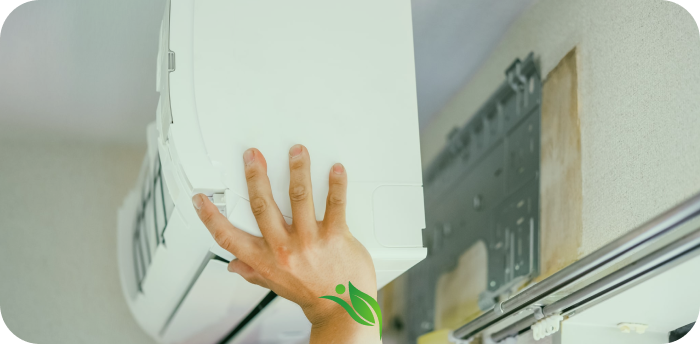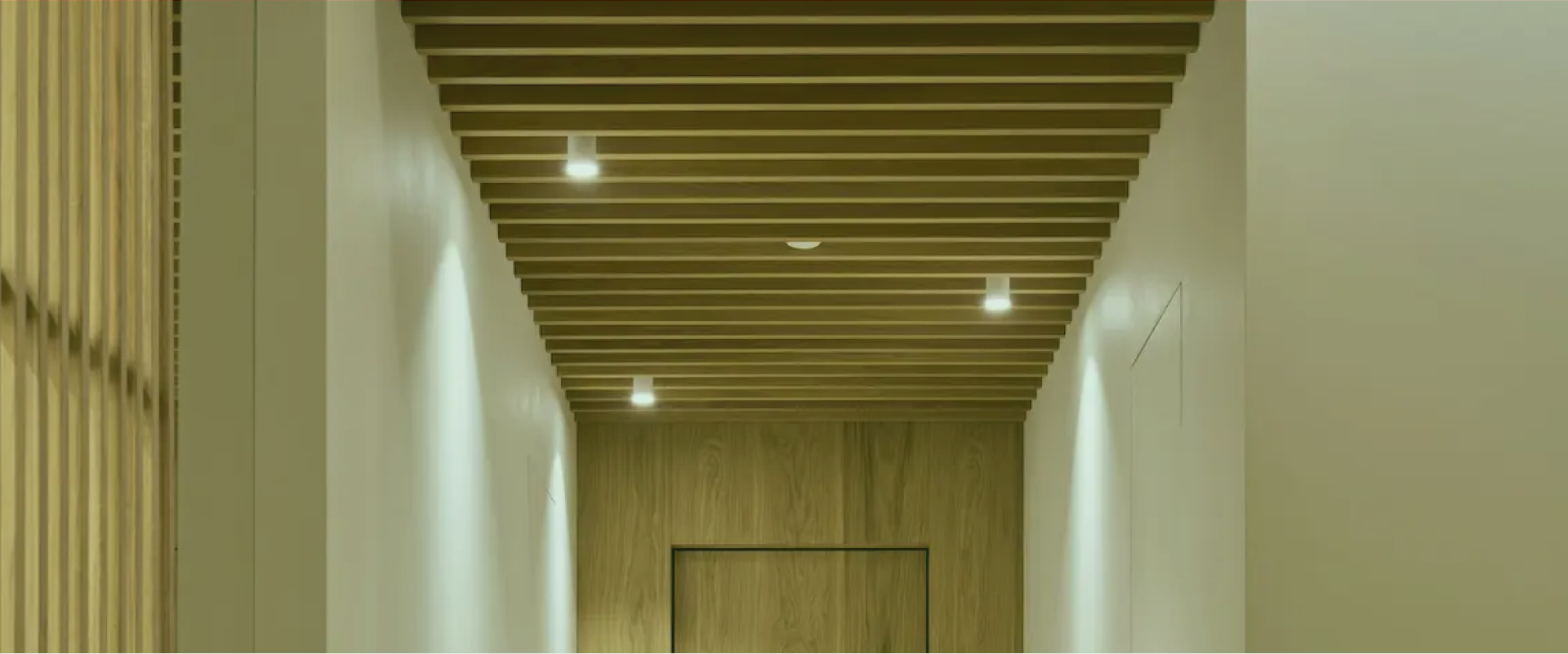
Energy-saving light bulbs are designed to reduce energy consumption while providing the same level of brightness as traditional incandescent bulbs. These bulbs use advanced technology to consume less electricity, last longer, and lower your energy bills, all while being more environmentally friendly. They come in various types, including Compact Fluorescent Lamps (CFLs), Light Emitting Diodes (LEDs), and Halogen Incandescents, each with distinct advantages.
ED bulbs use a semiconductor to convert electricity into light. Unlike traditional bulbs that rely on filaments or gas-filled tubes, LEDs generate light when electrical current passes through a semiconductor material, which emits light. LEDs are by far the most energy-efficient option available, using up to 75% less energy than incandescent bulbs and lasting 25 times longer.
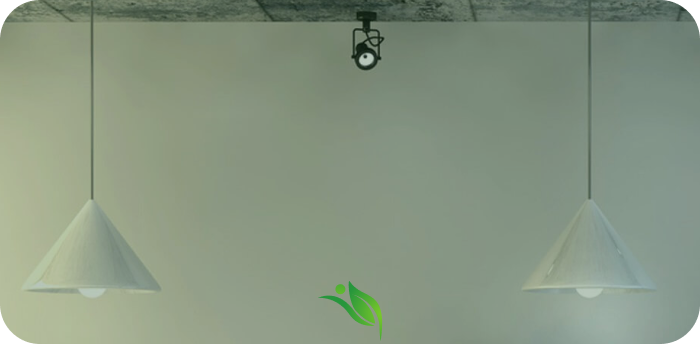
A heat pump hot water system (also known as a heat pump water heater, or HPWH) is an energy-efficient way to heat water for domestic use, and it works by transferring heat from the air (or sometimes the ground) to water, instead of generating heat directly like traditional electric or gas water heaters. Evaporation: The system has an evaporator, which contains a refrigerant. The evaporator extracts heat from the surrounding air (even in cold weather) and evaporates the refrigerant inside.
Energy Efficient: Heat pump water heaters are generally 2–3 times more efficient than traditional electric resistance heaters because they move heat rather than create it. This means they use less electricity, saving you money on your energy bills.
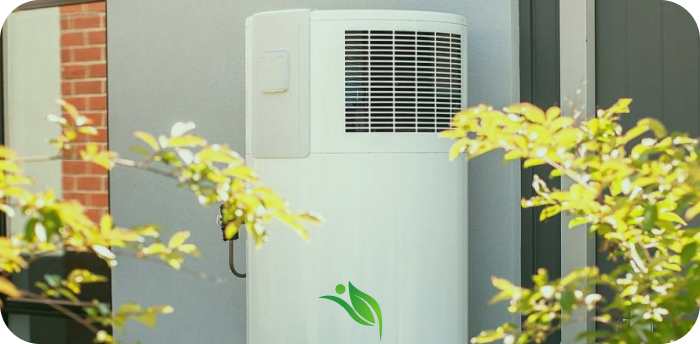
Residential Solar Solutions refer to the installation of solar energy systems designed specifically for homes. These systems capture sunlight using solar panels, convert it into electricity, and provide an eco-friendly, cost-effective alternative to traditional power sources. Here's a breakdown of key components and benefits of residential solar solutions
Residential solar solutions offer a sustainable and cost-effective way for homeowners to generate their own electricity, reduce their environmental footprint, and achieve energy independence. With the right planning and investment, a solar system can provide long-term savings and increase the value of your home while contributing to a cleaner, greener future. Would you like to know more about the installation process, financing options, or the best types of solar systems for your area?
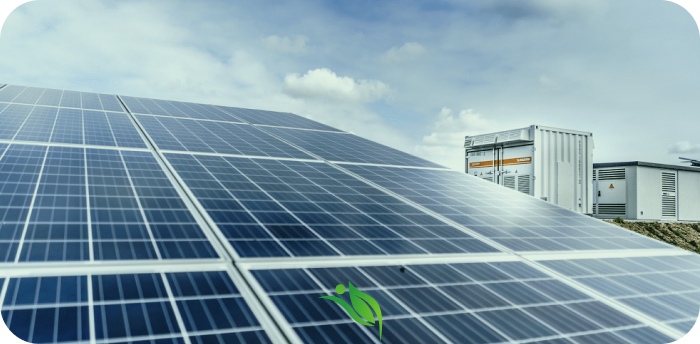
It looks like you're referring to residential air conditioners. These are cooling units designed to regulate the temperature, humidity, and air quality inside a home. There are different types of residential air conditioners, each with its specific features and benefits. Here's an overview of the most common types: This type of air conditioning cools your entire home. It uses a system of ducts to circulate cool air and remove heat from your home. Includes an outdoor unit (compressor and condenser) and an indoor unit Do you need more specific advice, like which type would be best for your space, or how to maintain an air conditioner?
